Attorney Jiang's Suzhou Lecture: How Trade Secret Protection Builds an 'Invisible Moat' for Enterprises
Release Date:2025-06-26 Number of views:241
Recently, several cases have involved the question:
When an employee leaves and takes certain knowledge or methods with them, does it constitute personal skill or a company's trade secret?
For example: A master technician who installed lathes gained access to the company's newly developed lathe machinery. After leaving the company, the company claimed this knowledge was a trade secret.
Adding complexity: If the master technician had an assembly success rate of 80%, while an apprentice only achieved 20%, could this differential be considered a personal skill?
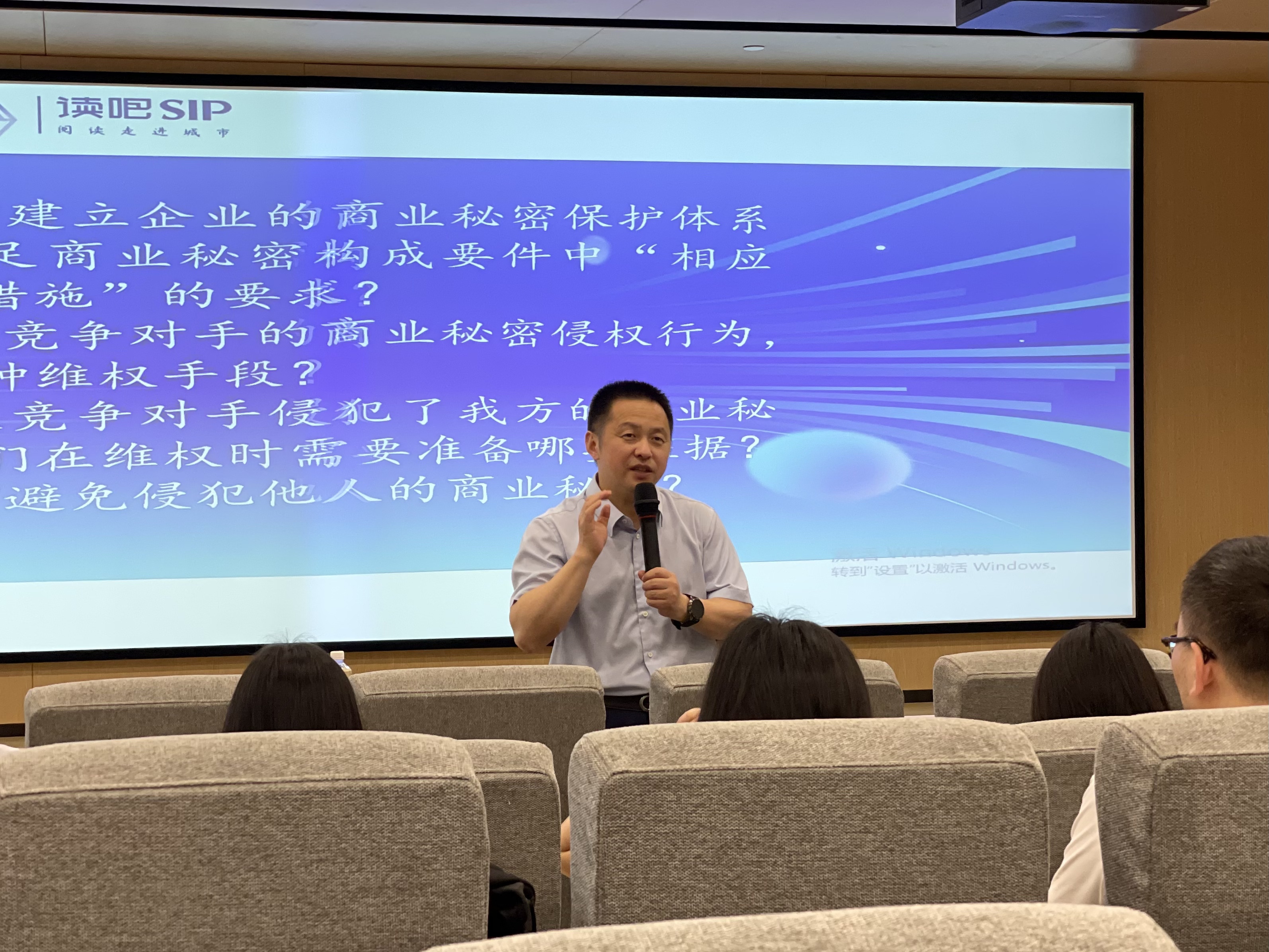
On June 25, Jiang Haijun, Managing Partner of Rayto Law Firm,was invited by the Suzhou Industrial Park Science and Technology Innovation Committee (Intellectual Property Office), the Suzhou Industrial Park People's Procuratorate, and the National SME Intellectual Property Training (Suzhou) Base to provide answers during the third session of the "Advanced Seminar on Trade Secret Protection and Compliance Management."
Regarding the distinction between personal skills and trade secrets, Attorney Jiang summarized three key considerations:
1. The manner in which it can be recorded.
2. Whether it can be quickly mastered upon seeing it, rather than requiring extensive practice over a long period.
3. Whether the skill improves with personal learning, whereas trade secrets are generally fixed.
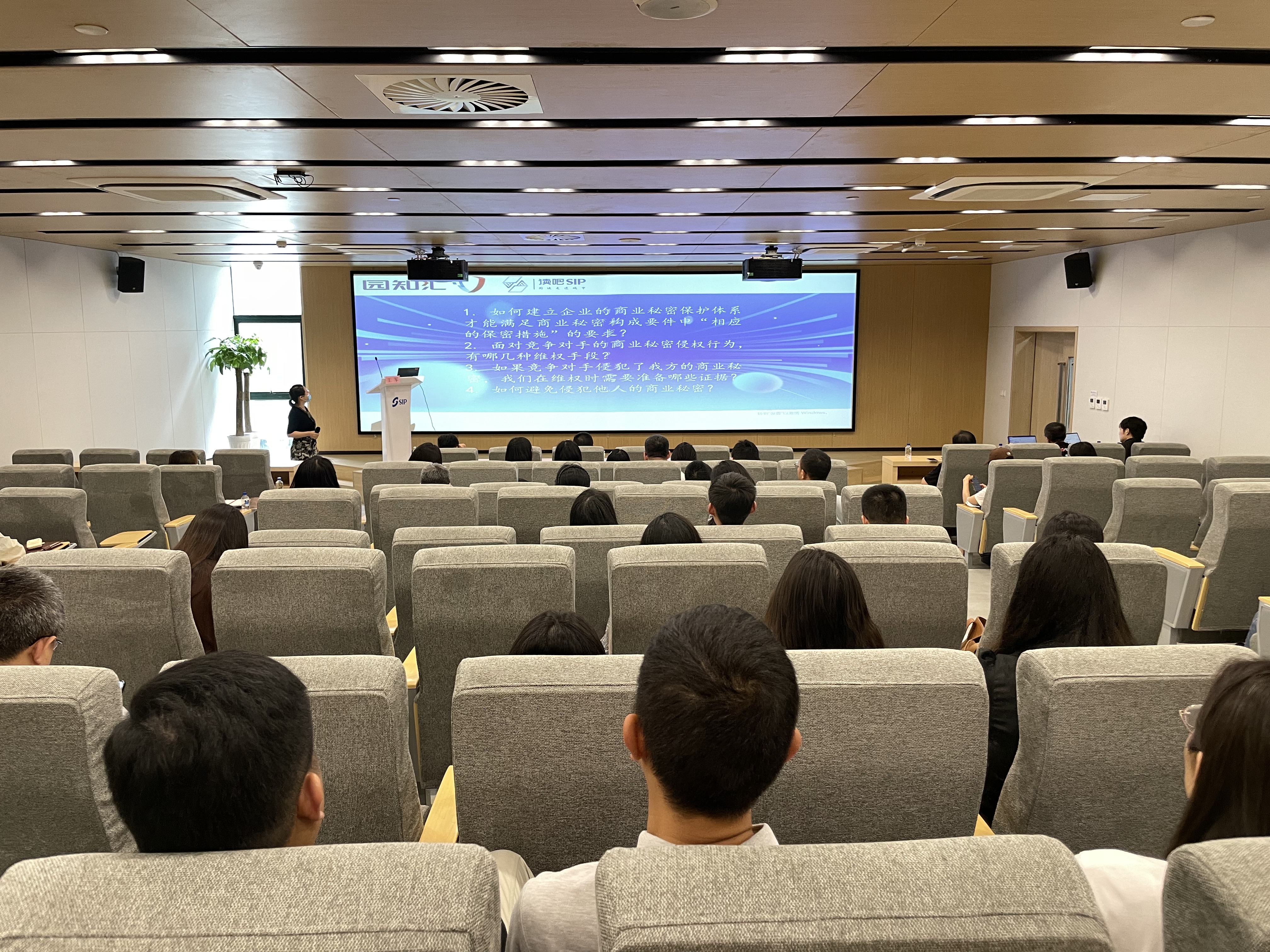
During the seminar, Attorney Jiang analyzed a recently concluded criminal case involving trade secrets – the first case in Nanjing to establish reasonable royalty fees as damages.
A large medical device company assigned its R&D director to lead a subsidiary project. This executive leveraged the technology and connections gained to establish a separate company in another location. However, they were investigated and charged while still in the prototype development stage.
When representing the plaintiff, Attorney Jiang strategically selected three types of trade secret points ("Mi Dian"). Why three? To mitigate the risk that reliance on a single point might be overcome.
These three types were: Tolerance dimensions, software code, and the often-overlooked operation manuals.
Presenting in the scholarly atmosphere of the Dushu Lake Library Lecture Hall in Suzhou, Attorney Jiang, with his solid legal expertise and practical insights, engaged in on-site exchanges with entrepreneurs and attendees, earning enthusiastic applause.
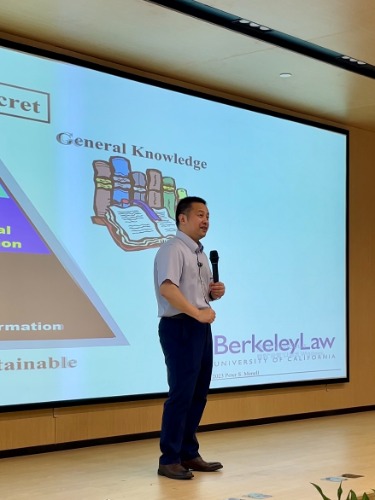
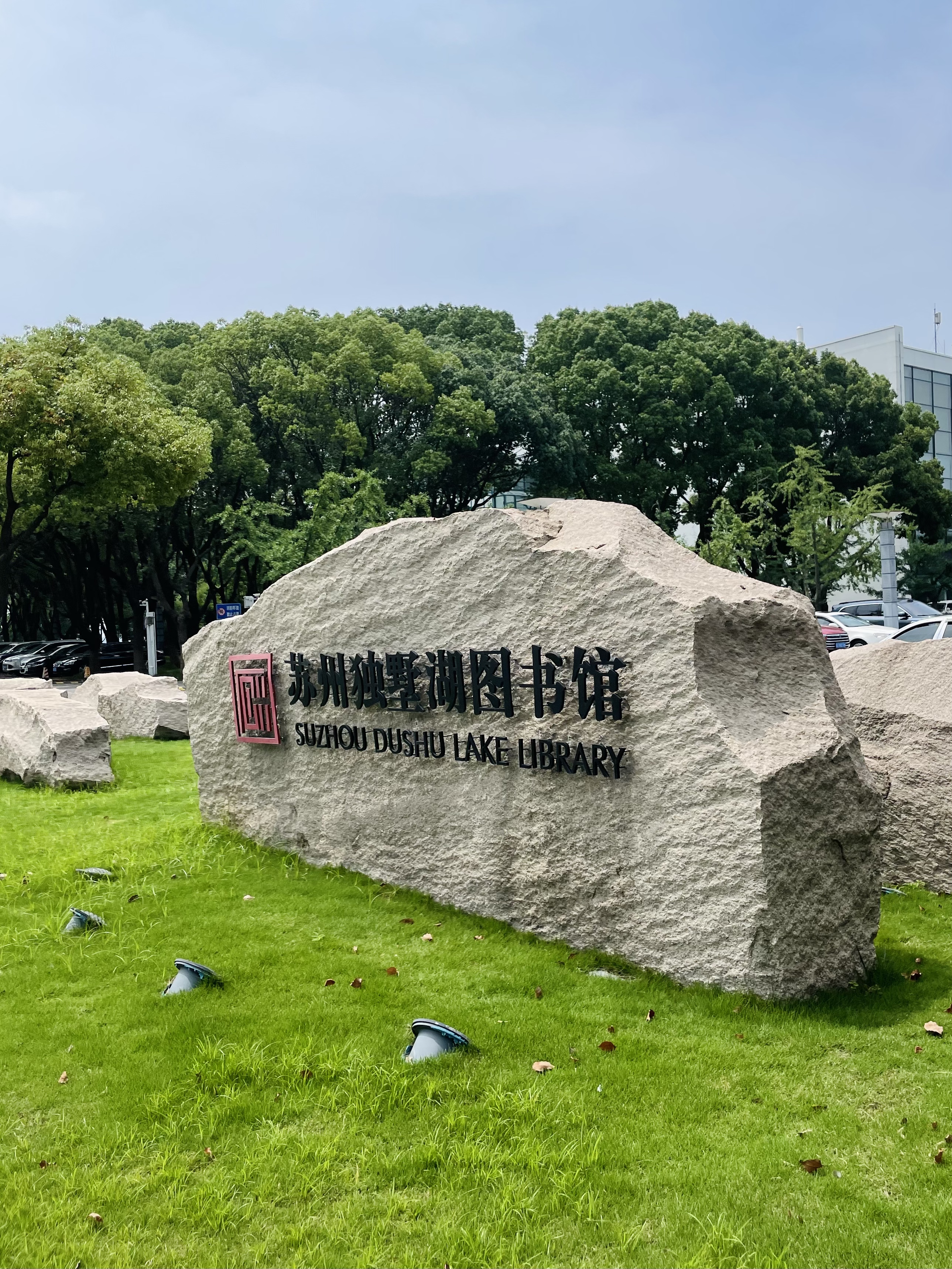
Furthermore, Attorney Jiang provided key interpretations of the amendments to the Anti-Unfair Competition Law, the Memorization Defense, considerations regarding sales disclosure and reverse engineering, and more.
The three-hour lecture covered all current hot topics in trade secret protection.
In conclusion, Attorney Jiang offered his perspective: Trade secret protection is undoubtedly advantageous for the plaintiff.
In practical cases at this stage, with the state actively promoting trade secret protection, large companies that have signed confidentiality agreements and implemented corresponding protective measures hold a natural advantage. Of course, future rulings are expected to become increasingly stringent.
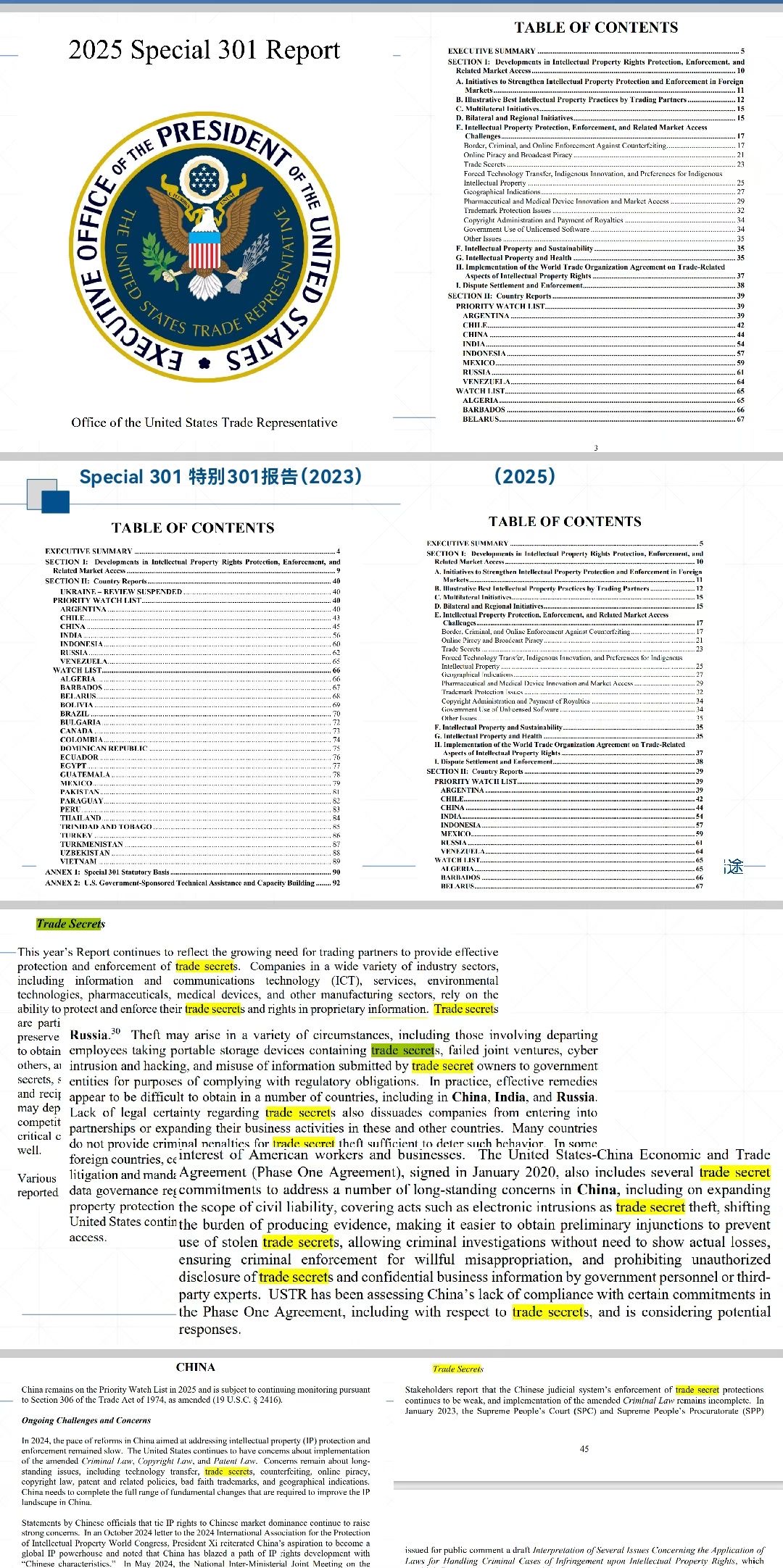
Final Note:
Protecting intellectual property is protecting the spark of innovation.
Through this Suzhou engagement, featuring cutting-edge legal interpretations, analysis of landmark cases, and sharing of practical skills, Attorney Jiang built a bridge for seminar participants from "legal provisions" to "practical application."
Rayto Law Firm will also continue to delve deeply into the frontiers of the intellectual property field, providing comprehensive legal support.







 Nanjing
Nanjing Suzhou
Suzhou Changzhou
Changzhou Hefei
Hefei Hangzhou
Hangzhou